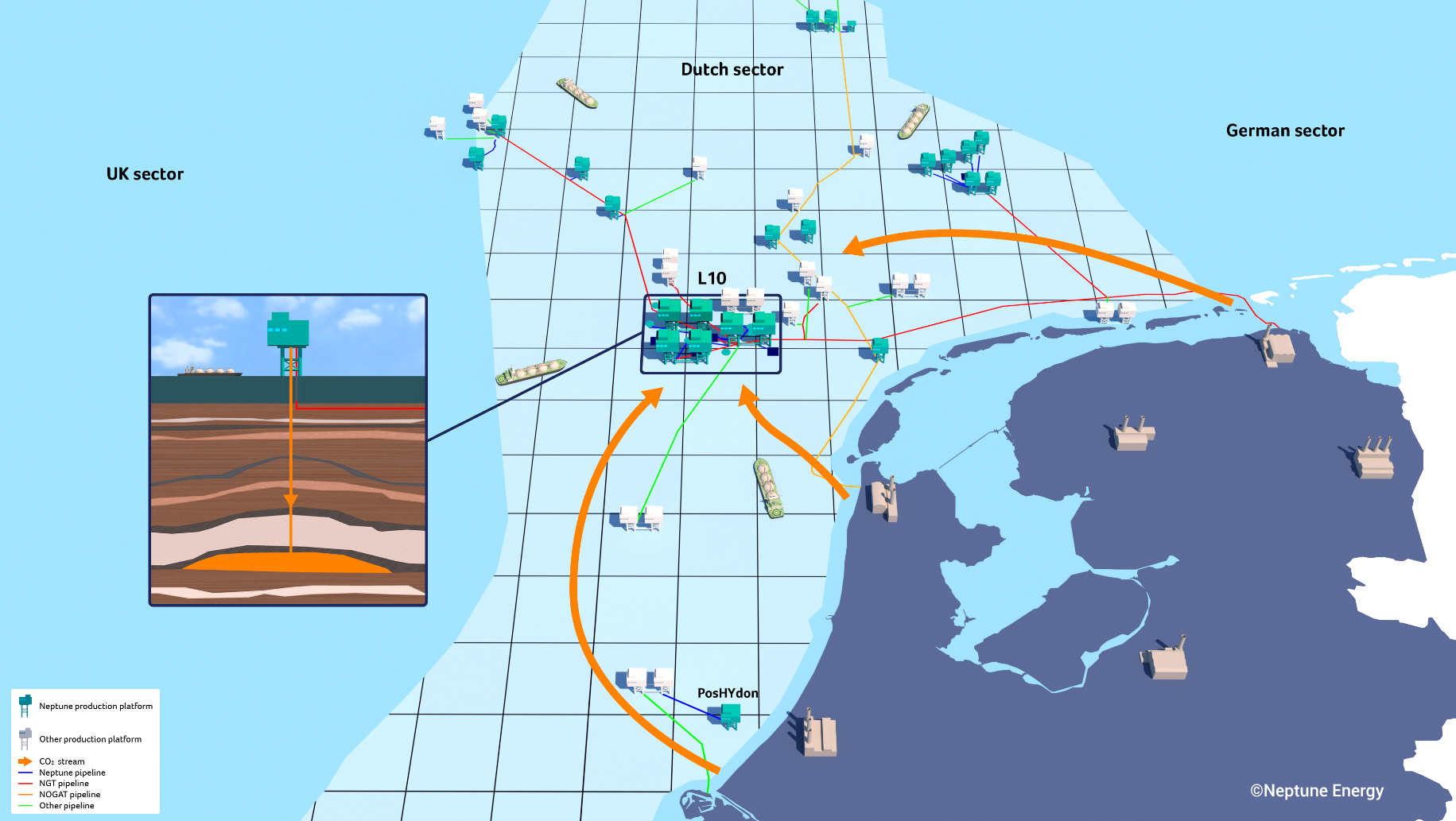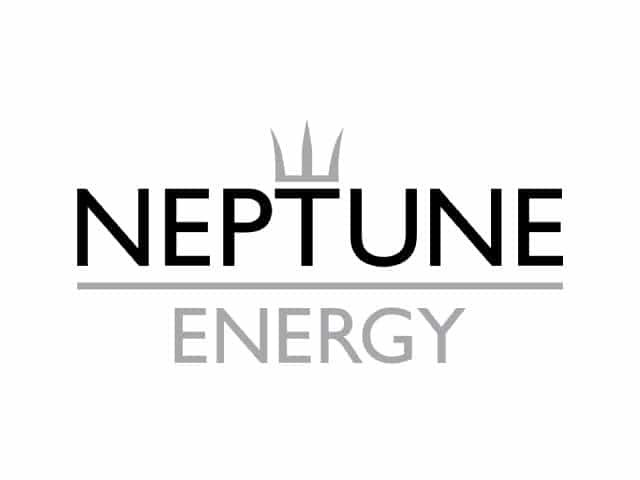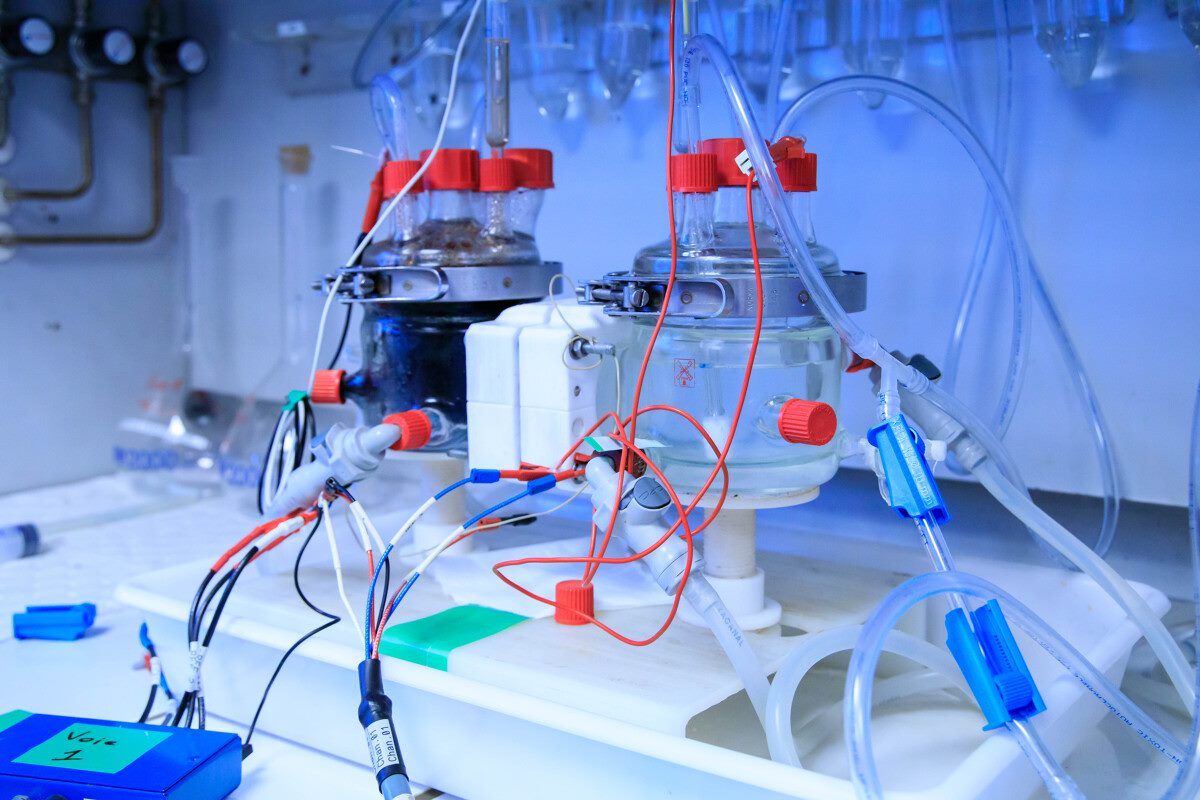Vallourec to Perform Material Tests for Neptune Energy’s CCS Storage Project in the Dutch North Sea
Vallourec will carry out a series of tests to validate materials for Neptune Energy’s safe injection of CO2 in depleted wells in the Dutch North Sea.


At the end of 2020, Neptune Energy, an independent energy company, announced a feasibility study into plans for a large-scale offshore Carbon Capture and Storage (CCS) project in the Dutch North Sea, with the potential to safely store 120-150 million tons of CO2 in depleted gas fields. If developed, the project would become one of the largest CCS facilities in the area.
When dealing with CCS projects, a relatively new practice in the Energy industry, there are currently no standards to properly validate the integrity of steel materials exposed to CO2 in different conditions. Vallourec is committed to closing this knowledge gap by leveraging its long-lasting expertise in materials for Oil and Gas applications, performing in-house testing and collaborating in external research partnerships.

In this context, Neptune Energy called on Vallourec in early 2022 to perform a series of tests to validate different materials for CO2 injection.
Neptune Energy’s Head of New Energy Projects in the Netherlands, Crawford Brown, said: “CCS is crucial for achieving the Dutch climate goals for 2030. The Neptune Energy operated L10 large-scale offshore CO2 storage project is not only of importance for our national goals, but it also supports our strategy to go beyond net zero and store more carbon than is emitted from our operations (scope 1) and sold products (scope 3) by 2030. Therefore, we are pleased with partners such as Vallourec as they help us fastforward the development, so we can safely start storing CO2 of Dutch emitters at the earliest convenience.” ExxonMobil subsidiary XTO Netherlands, Ltd., Rosewood Exploration Ltd., and EBN Capital B.V. are also co-operating with Neptune on the CCS development.



Setting the standards
Vallourec’s intended testing protocol, approved by Neptune Energy experts, is built based on NACE standards for stress corrosion cracking tests in CO2 and H2S environments with adaptations specific to CCS. “We needed to develop our own testing methodology based on current best practices but also taking into consideration carbon dioxide’s properties and the presence of impurities such as oxygen, nitrogen and sulfide oxides (NOx, SOx)”, explains Cécile Millet, R&D Department Leader at Vallourec Research Center. With background work already well underway, tests began in May and will run through until the end of 2022.
Vallourec is no stranger to developing testing methodologies for CCS applications. Last year, Vallourec carried out a series of tests on its VAM® connections to validate their sealability and integrity in CCS conditions with very promising first results. Read how this methodology was developed and what the results were here.
“CCS being a relatively new application, very few laboratories and research centers are currently undertaking these types of tests”, says Diana Rodriguez Barrera, CCUS Business Development Manager at Vallourec. “Therefore, this is a great opportunity for Vallourec to position itself as a leader in developing and carrying out material testing methodologies for CCS applications”. In addition to in-house testing and research, Vallourec also collaborates with international partners to ensure that materials are tested under representative conditions for CCS operations.
Neptune Energy’s project perfectly aligns with Vallourec’s commitment to support its customers in the energy transition. “At the end of our research, we are confident we’ll provide Neptune Energy with very thorough performance reports and recommendations to help them deploy large-scale CCS projects in the North Sea”, concludes Leila.
